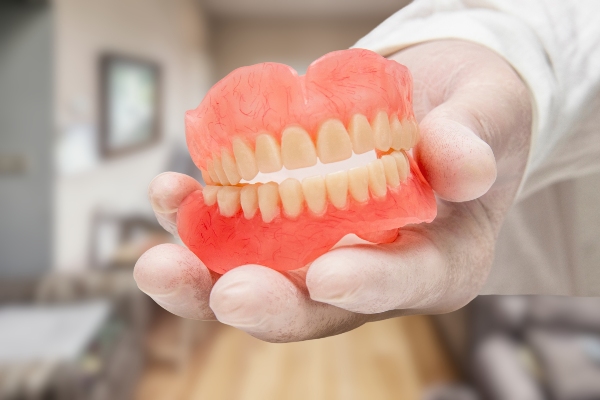Common Treatment Options Emergency Dentists Offer

If you have a dental emergency, you should call an emergency dentist to discuss the situation. A dental emergency refers to a variety of dental problems that require immediate treatment from a dentist. It can be a knocked-out tooth, chipped, cracked or fractured teeth, a tissue injury or a loose tooth. Fortunately, most dentists set aside time in their schedules to help emergency patients.
Emergency dentist
A dental emergency can occur due to an accident, biting on a piece of food that is too hard or mouth injuries. For any dental emergency, a person should seek urgent dental care. If left untreated, dental emergencies can lead to serious problems. Treatment for most emergencies is more likely to be successful if a person sees a dentist within 30 minutes of the injury. Here are some of the common treatment options offered by emergency dentists.
Knocked-out tooth
If a tooth has been knocked-out, seeing an emergency dentist as soon as possible can be beneficial. The sooner a patient can receive treatment, the higher the chances the dentist will be able to reinsert the tooth successfully. If a person waits for a long time to re-implant the tooth in its socket, it will lower the chances of the tooth taking and remaining viable. After finding the tooth, it should be held by the top or crown, not the root.
The tooth may have to be rinsed gently to make sure it is clean. It should not be scrubbed and any attached bits of tissue should not be removed. A person should try to put the tooth back into the socket. If a tooth cannot be placed back in the socket, it should be put in a cup of milk or a small container. The dentist should then be called immediately.
A fractured or cracked tooth
A cracked or fractured tooth can be a serious problem and is often considered a dental emergency. Cracked or fractured teeth often suggest that damage has occurred to the outside and inside of a person’s tooth. If a person has a fractured tooth, the dentist should be contacted immediately. In the meantime, a person should clean the mouth out by rinsing thoroughly with warm water.
If the fracture is due to facial trauma, a cold compress should be applied to the area to reduce any swelling. Medications can also be taken to alleviate pain. An X-ray may be required to help the dentist to diagnose the condition of the tooth properly. A patient may need a root canal if the tooth pulp is damaged. If the tooth pulp is not damaged, a dentist may only recommend a crown.
Takeaway
If you have a dental emergency, you should first get in touch with a dentist. The dentist will evaluate the nature of your dental problem and determine the ideal treatment option. For a knocked-out tooth, your dentist may try to put it back in place. For a fractured or cracked tooth, your dentist may recommend a root canal or crown, depending on the severity of the problem. However, it is important to cope or deal with a dental emergency quickly before seeing a dentist.
Request an appointment here: https://brimhalldentalgroup.com or call Brimhall Dental Group at (661) 249-1122 for an appointment in our Bakersfield office.
Check out what others are saying about our services on Yelp: Read our Yelp reviews.
Recent Posts
False teeth, or dentures, are the traditional option for replacing any number of missing teeth for many reasons. They are easy to use and affordable and can also be custom-made for each patient. Discover the many benefits of custom dentures below.Since dentures replace missing teeth, they make it much easier to bite off and chew…
Dentures are a popular teeth replacement solution that can improve the function and appearance of your smile. They are designed to look like natural teeth and consist of different materials, such as acrylic and metal. Whether you are new to dentures or have been wearing them for years, it is important to properly care for…
When sudden dental pain occurs, an emergency dentist can provide critical relief and timely treatment. A toothache often appears unexpectedly, disrupting daily activities or restful sleep at night, signaling that you need urgent dental care. Understanding what steps to take when this type of pain occurs can help prevent further complications to your teeth and…
Dentures will give you the freedom to smile, speak, and eat well. These custom-fit restorations can provide comfort while wearing them. Knowing how these restorations can help your appearance, you can make informed decisions before your treatment. Here are the details on how dentures can enhance your smile.Dentures can replace missing teeth and can be…


